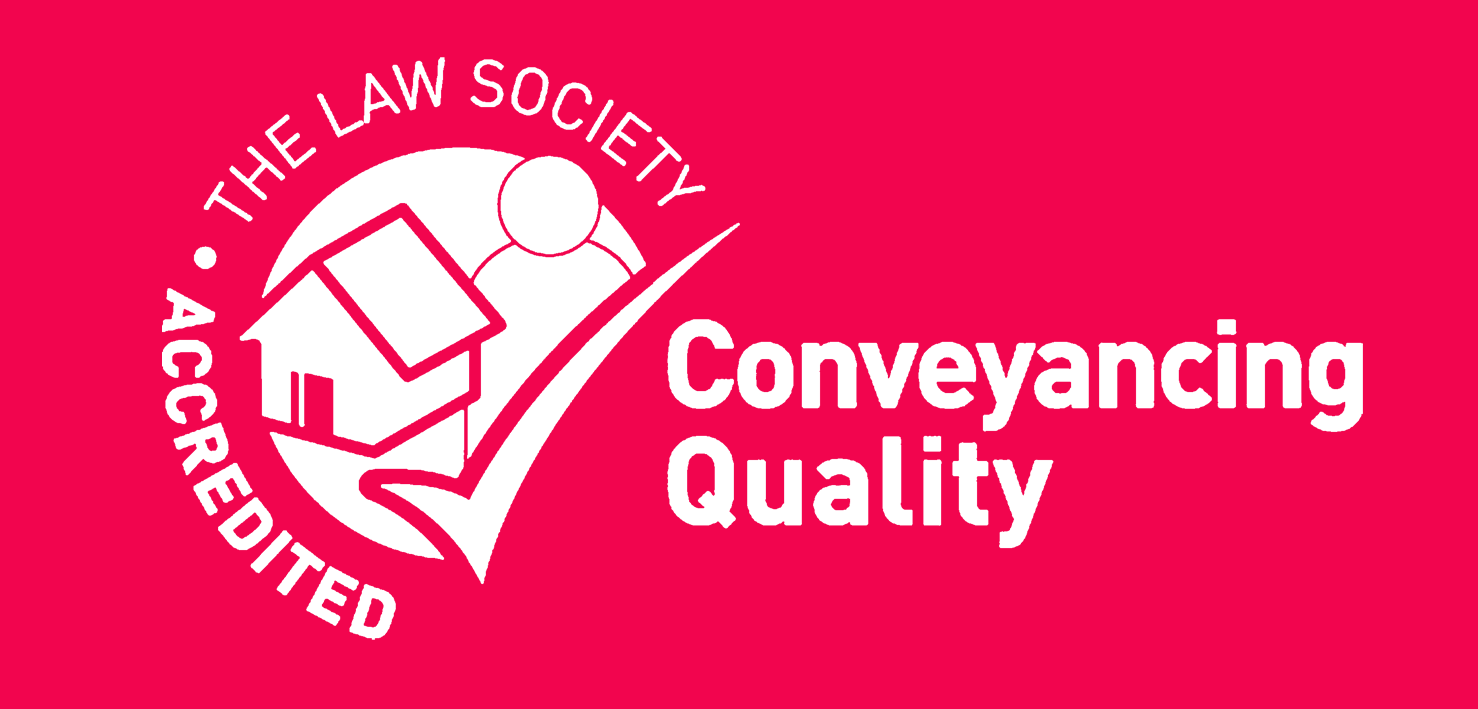One secret of a happy life is to get on well with your neighbours and taking legal advice is often the best way of defusing rows before they get out of hand. The point was shown by a case in which boundary and right of way disputes between homeowners escalated into a very expensive matter.
The case concerned a house and a cottage which were both accessed via a narrow drive. The owners of the house objected after the cottage owners removed a fence, enabling them to park their car in their garden. The latter were equally incensed when the house owners took to parking their car in the bell mouth of the drive.
Following a trial, a judge made findings about the precise location of the boundary between the properties. He ruled that the cottage owners were not entitled to park their car in their garden, that the fence had been wrongfully removed and that the house owners were entitled to reinstate it at the cottage owners’ expense.
The cottage owners’ vehicular right of way over the drive was found only to extend to loading and unloading, save in respect of vehicles narrow enough to pass through their garden gate. The house owners, however, did not have things entirely their own way: the judge rejected their arguments on certain boundary issues and found that they were not entitled to park their car in the bell mouth on the basis that that impeded the cottage owners’ safe access to the drive.
Both the cottage and house owners were dissatisfied with the outcome of the case and challenged aspects of the judge’s ruling. In dismissing their appeal and cross-appeal, however, the High Court found that the judge was entitled to reach the conclusions that he did on the evidence and upheld his ruling in its entirety.
Rachel Fereday, Head of Litigation and Employment commented ”It is important to ensure, when you are making an alteration to the boundary of a property, that firstly it actually is your property and secondly you have the legal right to make the proposed alteration. It is also wise to seek the agreement of any neighbour affected by it. Failing to take such precautions can end up being very expensive indeed.”





